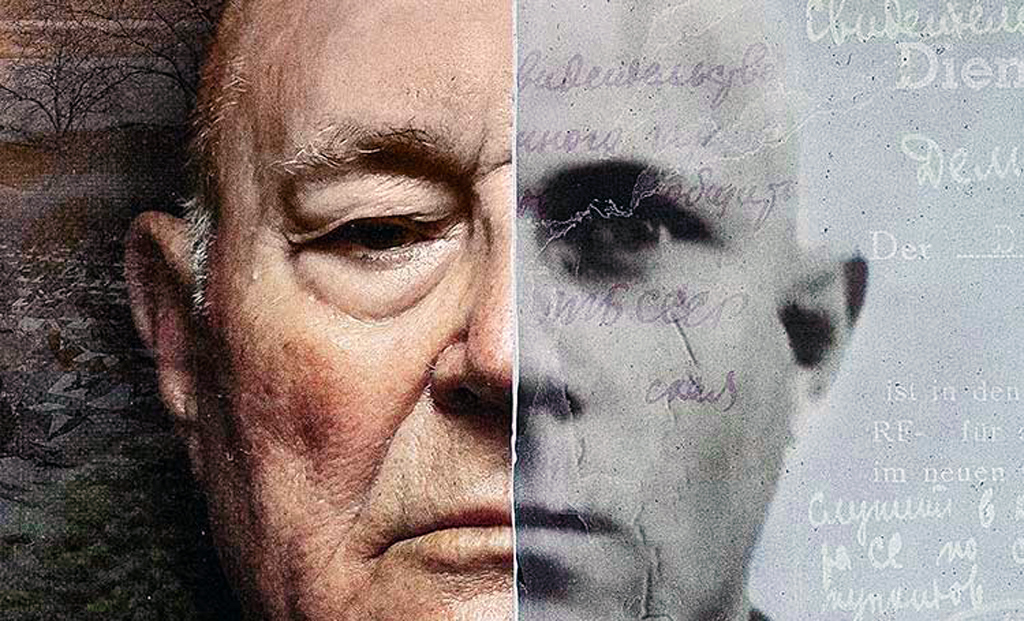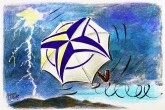The “Devil Next Door” is one of the many documentary series produced by Netflix this year. The documentary focuses on the attempts to find Ivan the Terrible, a Nazi concentration camp guard. According to eyewitness reports, he was responsible for some of the worst persecution and killings of Jews in different concentration camps throughout Eastern Europe.
The story starts with the detention and trial of a retired factory worker in Cleveland, John Demjanjuk, by U.S. authorities on crimes he allegedly committed in concentration camps. Demjanjuk is later extradited to Israel to face criminal charges for war crimes and crimes against humanity.
The court found him guilty following a very emotional and heartbreaking series of trials with the testimony of Holocaust survivors who lost their loved ones in these camps and sentenced him to the death penalty. However, the story does not end here. He appealed to the Israeli Supreme Court and was released based on reasonable doubt due to the introduction of new evidence on him following the fall of the Soviet Union and opening of its archives on World War II. Demjanjuk comes back to Cleveland and spends his time as an ordinary retiree and keeps a low profile for the next six years.
But without him knowing about it there was the continuation of investigations around his identity and potential participation in the Holocaust. Six years after his return to the U.S., this time he is stripped of his citizenship for being a concentration camp guard in World War II and immediately after that extradited to Germany to face charges for his involvement in the Nazi camps.
The German courts also find him guilty and give him a prison sentence but he once again appeals to the higher court and while his case is before the courts he dies in a nursing home.
The story is, on the one hand, a story of legal battles in three different countries about the identity of John Demjanjuk and on the other hand, it is a story of different people from different countries that work separately but for the same honorable goal of justice.
It is almost impossible not to think while watching the commandable work of different investigators around the world to sentence a person who committed war crimes and crimes against humanity. Following the identification of concentration camp guards, reaching out to the witnesses of these crimes, bringing together different evidence from multiple countries, navigating through different legal systems and handling the emotional toll of the horrible stories of human suffering should be one of the most challenging tasks for these investigators. To try to hold some of those accountable for the crimes they committed, even after several decades, for justice makes the viewers optimistic and hopeful.
After watching the horrors around the world for the last decade, from Asia to the Middle East to Africa and to see the disregard and insensitivity of some of the states against them made many lose their belief in attaining justice. Some of these states such as the Assad regime even used chemical weapons against their own citizens. In the last 10 years only we have seen crimes against humanity and war crimes in different countries.
Hundreds of thousands were killed or sent to prison and millions have become refugees in different parts of the world. Despite the never again slogan of the international community, with every genocide, massacre and ethnic cleansing, we have seen the pattern repeat itself. However unlike the controversy over the identity of an individual in the “Devil Next Door” more or less everybody knows the identity of those who committed these crimes.
We not only have witness testimonies, if in the future those who perpetrated and committed these crimes will be brought to justice, we also have thousands of pages of reports, documents and videos available for prosecutors and judges to see.
However, there is a really sad part of the presence of so much evidence on those who committed these crimes. It is the absence of any meaningful action to stop them when everybody is a witness to these crimes. Other than those who continue to deny these crimes today, everybody knows who the devils next door are. This time it is not the identity that is challenging. It is a lack of will. Some day in the future that lack of will may itself be an issue that necessitates such a documentary series.
[Daily Sabah, 2 December 2019]



